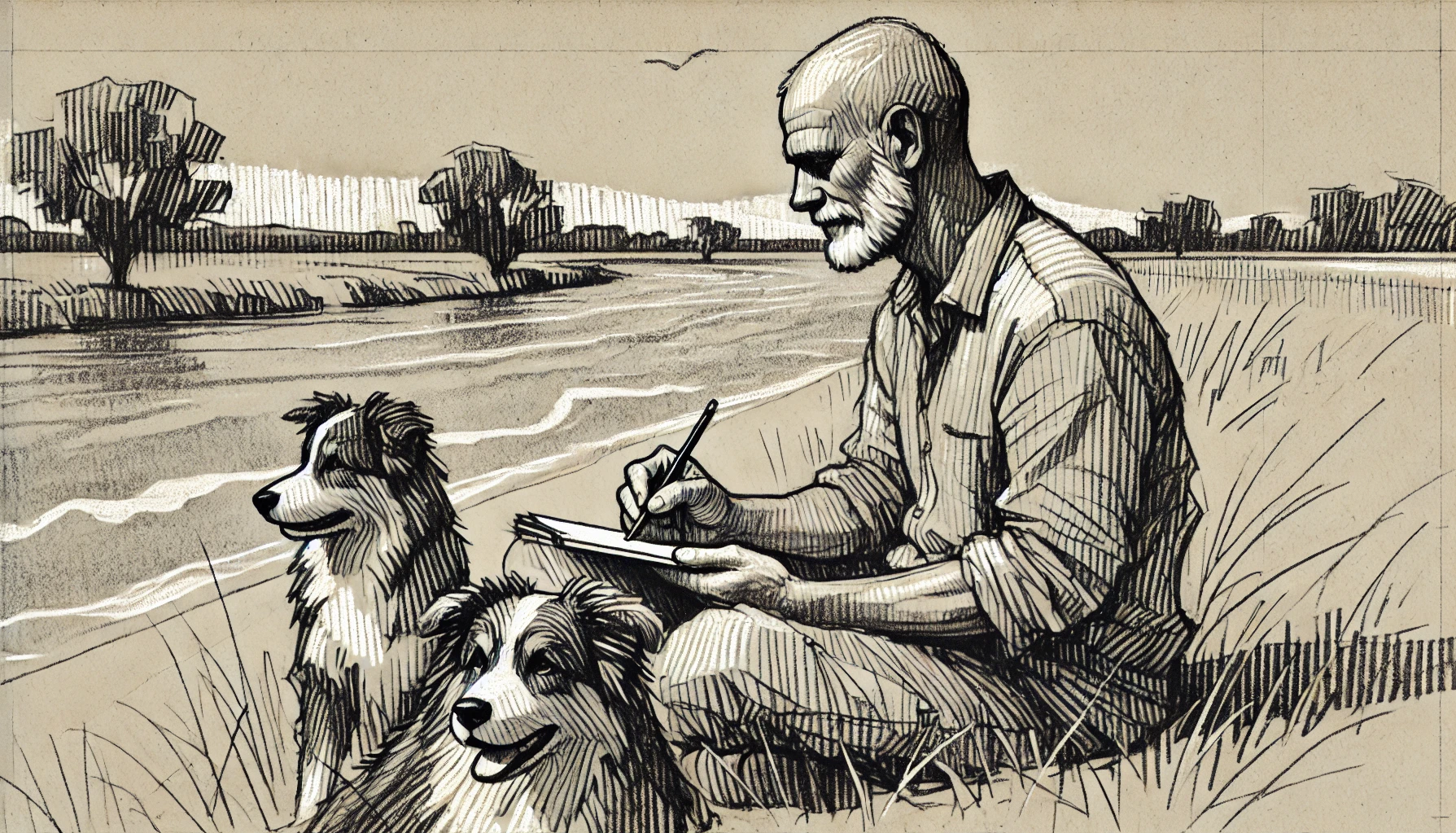
“Eucatastrophe” is an obscure term coined by J.R.R. Tolkien. A eucatastrophe is an unforeseen turn in fortune from seemingly certain defeat to victory. It is achieved not by heroic effort, but by the turnings of deep design. The turning of the US election last weekend is an example of eucatastrophe.
Voter winds were already favouring Trump when Joe Biden stumbled in the presidential debate and subsequent interviews. The Republicans were hammering Biden on senility and even the Democrats were turning on him. Just before the Republican National Convention, Trump was nearly assassinated, saved they said by the hand of god. (Personally, I don’t understand if an angel diverted the bullet, why did it still nick his ear?) Everything seemed to be pointed to the catastrophe of Trump winning the election in November.
Then the eucatastrophe, Biden steps down and endorses Harris. Endorsements from everyone pile in, along with millions of dollars of donations. This hitherto invisible vice president suddenly becomes the darling of the Democrats, women, the black population, and me like many Canadians who can’t even vote for her. Now Trump is the old guy. The polls tip. Harris is going to crush Trump in November. Democracy holds up.
Some speculate that Biden and the Democrats planned this all out, but it is too perfect for that. No one could have predicted Harris’ popularity. Eucatastrophe is cool because it reveals a deep design principle that was not seen before. Tolkien thought of eucatastrophe in a religious sense, but I will not go there. It can just as well be the subtle operation of a system, a natural outcome of a progressive political party or the will of the people. It gives us hope for November and democracy. It restores our faith and optimism in people.








